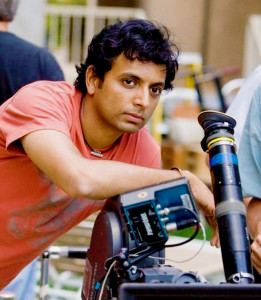
I just saw a lovely 15-year-old girl who I have been seeing for a year. From her first evaluation until this past February, she had been doing super, developing great processing and making academic gains.
In February this child had a seizure from out of nowhere. We are presently dealing with what is probably mostly the effects of the medication she is taking to control possible future seizures. From the medications we now have severe loss of working memory and all the functions affected by it, including most of her academic work.
While talking with her mom about what the neurologist had said, she mentioned the MRI showed white spots and that the neurologist mentioned that new research was showing that gluten/wheat can produce these white spots in the brain.
As many of you know, I really like to see our kids avoid dairy and wheat for a wide range of associated problems; but this was the first I had heard about gluten causing white spots in the brain. To hear more about the neurological effect of gluten/wheat, please read this article as well as the comments:
http://glutendude.com/media/celiac-disease-affects-the-brain/
If you have some confusion between gluten and wheat, you should know that all wheat has gluten. If you are on a gluten free diet you cannot eat wheat. If you are on a gluten free diet, you should also know that other grains in addition to wheat also contain gluten, such as barley and rye. Even oats do if they have been processed in a plant that also processes wheat.
One last note: I work with a child on the autism spectrum who is sensitive to wheat to the degree that literally a crumb of wheat can knock his processing from a 6 to a 1, and he can go from being conversational to non-verbal and need two weeks to recover. The message here is that even a little can create some major issues for some of our children.


 I’m a morning-news junkie. I get up and turn the news on in my bedroom, then go down to the kitchen to get coffee and turn on a different news channel and then go up to my bathroom to shower and get ready and turn on a third news channel. I feel I need to know what is going on in the world, I don’t need to know who shot whom at what bar last night or how the traffic is doing unless I have to drive to the airport so I skip local news and look for national and international news and stories that actually address important issues. Between a few different sources I hope to get at least an approximation of what is really going on.
I’m a morning-news junkie. I get up and turn the news on in my bedroom, then go down to the kitchen to get coffee and turn on a different news channel and then go up to my bathroom to shower and get ready and turn on a third news channel. I feel I need to know what is going on in the world, I don’t need to know who shot whom at what bar last night or how the traffic is doing unless I have to drive to the airport so I skip local news and look for national and international news and stories that actually address important issues. Between a few different sources I hope to get at least an approximation of what is really going on.